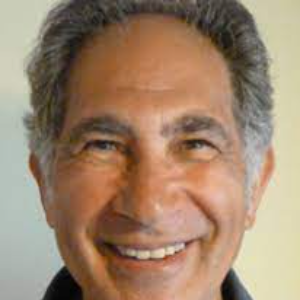Title : The challenges in tackling food fraud
Abstract:
Food fraud is as old as the beginnings of trade in food, and today it is regarded as major problem to global food integrity. As there is no legal definition, this can be a hurdle in its prevention and the ability to take legal enforcement action. There many challenges in trying to address food fraud.
The first challenge is to define the scope of food fraud, and there are many definitions in the scientific and non-scientific literature. In the UK, the government programme takes a broad scope of food fraud including intentional adulteration, substitution etc, but also circumventing hygiene requirements. Hence in tackling fraud, the legislation and standards associated need to be identified to assist prosecutions.
The second challenge is to have the tools to investigate fraud. It is possible to investigate purely examining documentation. However, documents can be forged, so, having an independent method to verify the authenticity of foods is always desirable. Unlike other areas of food analysis such as contaminants and microbiology, the number of techniques for authenticity methodology is much wider and collectively, are often referred to as “food forensics”. As the results can be used to make legal decisions, it is important that the methods are robust and fit-for-purpose, and if based on databases of authentic samples, that the provenance of these are known. Finally, because of the 2013 horsemeat fraud incident, several initiatives have been established to assist in the investigation of fraud. These include setting up UK Food Crime Units, forming Networks to exchange information on cases of fraud, and the Food Authenticity Network, which is an open access resource for authenticity methods and food fraud mitigation.



